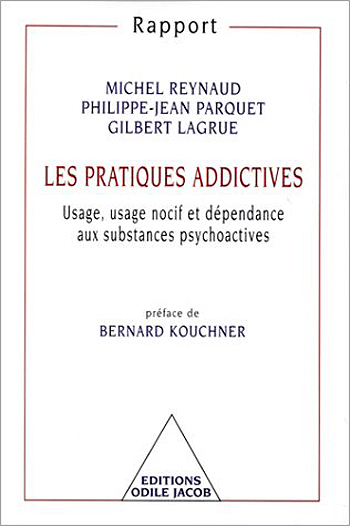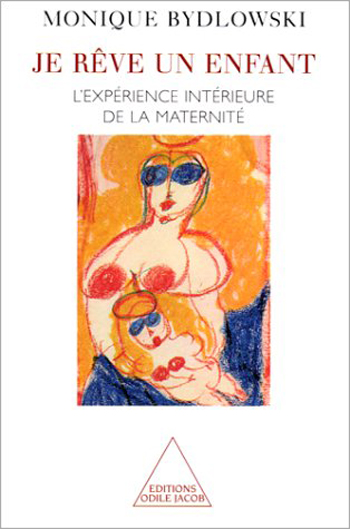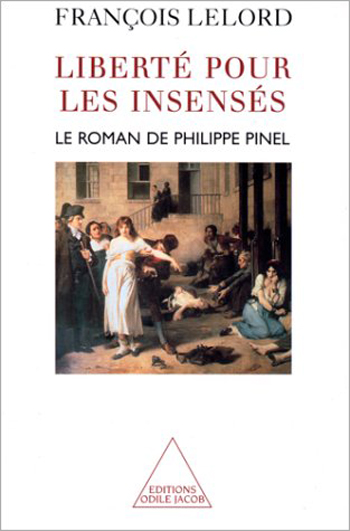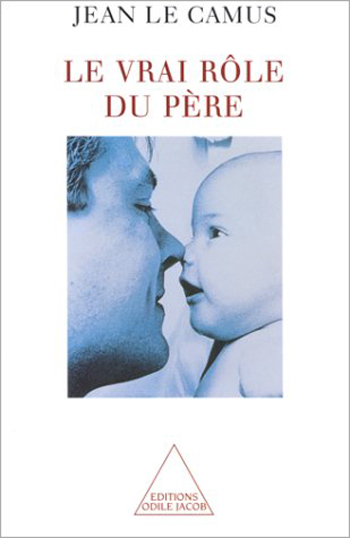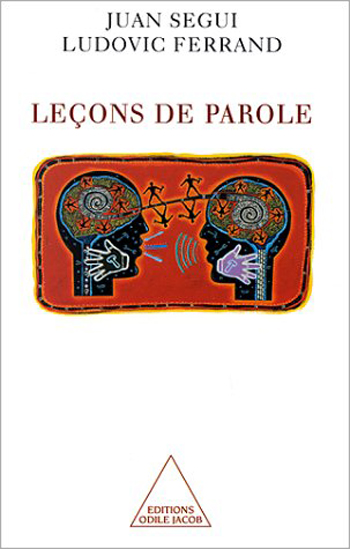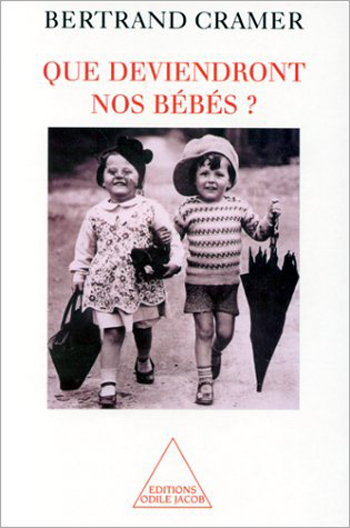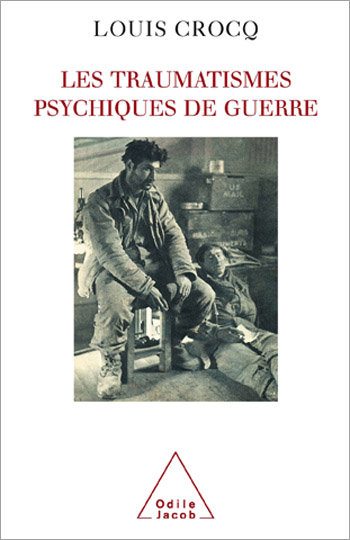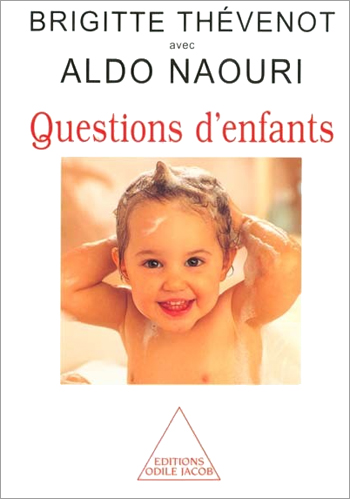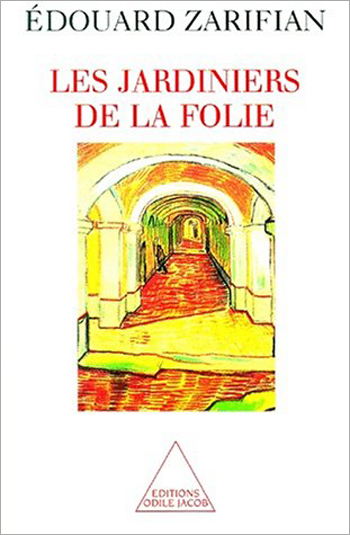Psychology All books
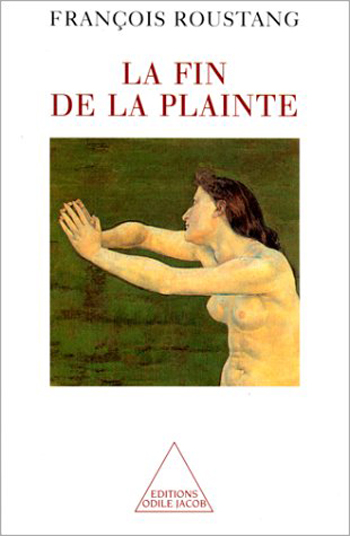
François Roustang
The End of Complaining
What is the most common reason for going to a therapist? Most patients say it is wanting to change. By the same token, they complain about their present lives. According to François Roustang, all forms of complaining must be dropped; patients must forget their precious egos which serve only to nurture more complaining and whining. Once patients have let go of these trappings, they will be able to remould their lives. This book offers a powerful criticism of traditional therapy and of its failure to reach its avowed goal: to help us to change. It argues for a spiritual approach to inner development. François Roustang is a philosopher, psychoanalyst and unconventional practitioner.
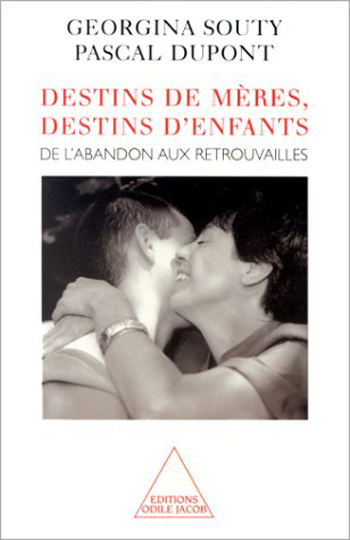
Georgina Souty, Pascal Dupont
Destinies of Mothers, Destinies of Children From abandon to reunion
What does a mother show by giving birth anonymously ? What is it that drives her, sometimes, to again look for the child she has abandoned ? And what drives the latter the former abandoned child himself to go in search of his origins ? Are the goals and expectations of the child the same as those of the mother ? For the first time, children born by X, today adults, bear witness. Georgina Souty coordinates a French organization which seeks the right to the origins of abandoned children Pascal Dupont, who was born by X , was adopted when he was four months old.
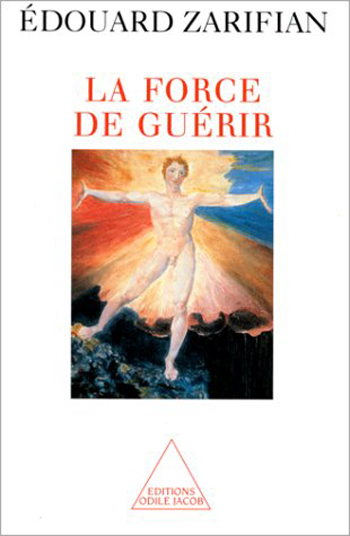
Édouard Zarifian
The Will to Be Cured
Here is the most anachronistic and conservative book that could be written on medicine. Here I defend an idea which is too often forgotten, even if it is at the base of all practical medicine that no treatment can be really whole if the patient, those close to him, and his doctor dont establish a special relationship based on trust. Compassion, understanding of suffering and devotion all have a place in the therapeutic relationship. How should we best care for the sick? Why heal? Its a lost word that I propose here to recover. Édouard Zarifian is a professor of psychiatry and medical psychology at the University of Caen.
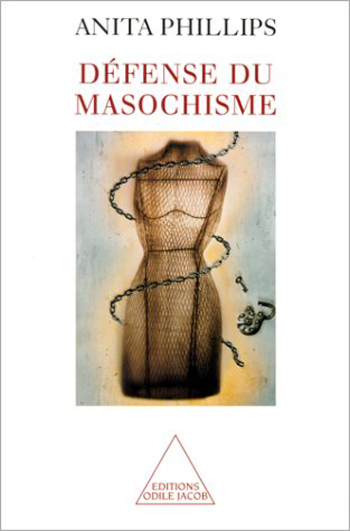
Anita Phillips
A Defence of Masochism
Running a marathon, harbouring the fantasy of being raped, eating a painfully spicy meal in an Indian restaurant writing a university thesis, feeling constantly overcome with a desire to be altruistic, happily allowing a woman wearing sharp heels to tread on your chest, being passionately in love with someone who isnt even aware that you exist, swimming in the North sea at the end of November" Writer, editor and animator for a literary publication, Anita Phillips gives art classes in several English universities.

